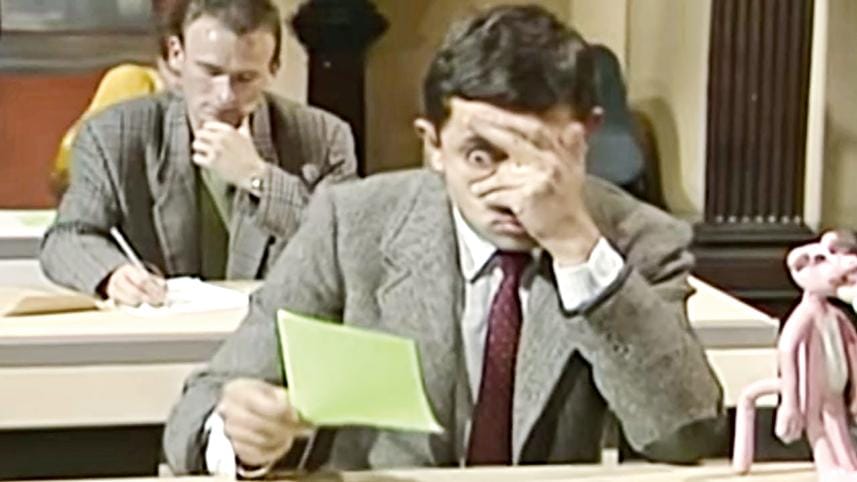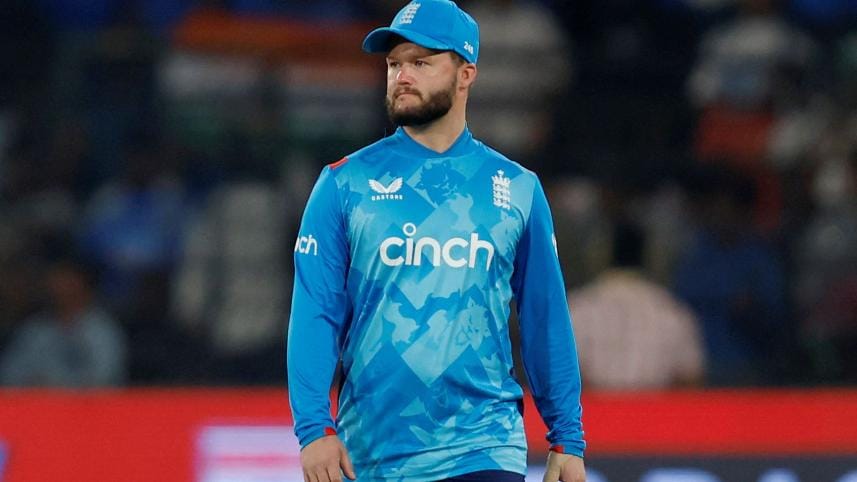A Look into Standardised Tests

The last few months of any given calendar year is nothing short of pandemonium for high school seniors who plan to apply to universities abroad. Students run from one office to the other, trying to produce and procure the best possible essays and recommendation letters respectively. No matter which country they apply to, you'll notice they have one thing in common: a plethora of colourful books will safely be cocooned in their arms, or perhaps, be sneaking out from their constantly bulging school bags.
The aforementioned books all have one purpose: helping pupils 'crack' standardised tests. You see, having a standardised test to grade students makes sense on a lot of levels. Scholars all over the world study under a hand and lap full or curricula, all of which have their own level of difficulty and grading system. Having one test that provides the same questions, conditions and most importantly, grading system aides admissions officers immensely by successfully bringing all applicants under the same roof. At least, on paper.
After conducting many studies, College Board – the non-profit organisation that provides the SATs – has concluded that one's test scores are indicative of their college-readiness. The studies were based on the new SAT, which is more reflective of what students are learning in class unlike the previous version, which was more about testing one's intelligence. A video by Vox adds that students' test scores are also an indicator of their wealth inequalities. Students in poorer neighbourhoods are likely to go to underfunded and under-resourced schools whereas the opposite is true for students in wealthier neighbourhoods. These factors lead to a 260-point difference between the test scores of rich and poor students. The problem doesn't end there, higher-scoring pupils are more likely to get into more selective or prestigious schools, leading them to earn more when they enter the job market. Lower earnings for students from low-income households, who go to less prestigious schools or community colleges create a vicious cycle of poverty. Additionally, students from low-income households may have to work when they're not in school, giving richer students the benefit of extra time, which they can then use to learn from expensive private tutors.
Language is another considerable barrier for prospective students. A large group of test takers don't come from predominantly English-speaking households, schools, or countries. This is especially true for international students, many of whom suffer on the English segment of the SAT but do considerably better in the Maths section. Even though acing the math section helps immensely, often, it is not quite enough to pull up their results near to a perfect score.
Graduates who stay back and wish to be recruited into civil service jobs may be more concerned about the Bangladesh Civil Service (BCS) examination. This test, taken in three distinct levels, matches successful candidates into 27 different sectors, including postal, law enforcement, and health services. Some jobs fall into the general cadre and do not require specific undergraduate degrees. Others fall into the technical/professional cadre and have specific undergraduate requirements. Although the second and third levels are somewhat to completely specialised, the first test is fully standardised. Since most of the candidates are eliminated in the first round, the content of the test is a little concerning.

Everyone sitting for the first stage of the BCS exam takes the very same test, regardless of their cadre of choice. So, a prospective administration officer (general) essentially answers the same questions as a health professional (professional). The questions test the candidate's basic skills in 10 different areas (language, national and international affairs, geography, ethics, etc) and while they are essential, they don't do much in evaluating the candidate's proficiency at their future job. Instead, that proficiency test is reserved for the second test, where only candidates who applied to the professional cadre answer education/job-related questions worth 200 marks out of a 900-mark written test.
When candidates are tested on basic knowledge first and professional skills second, examiners risk losing candidates who may have otherwise been better qualified for their jobs but not so adept at general knowledge. Don't get me wrong, basic skills are vital, but before we part ways, ask yourself this: would you choose to visit a good doctor who's terrible at geography or a relatively worse doctor who knows all the world capitals?
The writer runs every day. Out of time, ramen and K-Drama episodes. Send her an email at n.nusaibaah@gmail.com to join her on this rigorous workout.
 For all latest news, follow The Daily Star's Google News channel.
For all latest news, follow The Daily Star's Google News channel.
Comments